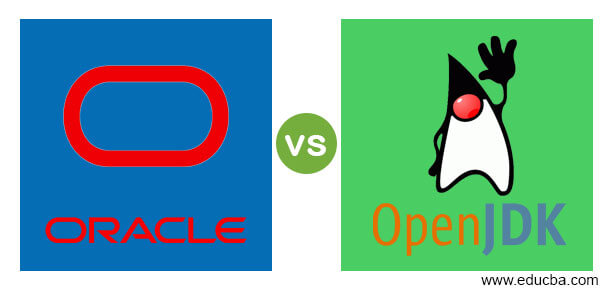

Additional details will follow in the coming months as we move forward through this process. The plan is to align all the GraalVM technologies with Java both from a release perspective and from a licensing perspective. When suitable portions of the GraalVM technologies are ready to be proposed for inclusion into the main-line JDK source code, they will be accompanied by one or more JEPs. Any sufficiently large feature destined for the JDK main line goes through the JEP Process, since that is how JDK releases are planned in the OpenJDK Community. The JEP planning process provides transparency into JDK development for the entire Java ecosystem. GraalVM technologies will be developed with the same kind of transparency and predictability that Java developers have come to expect from other Oracle-led Projects in the OpenJDK Community. If and when a GraalVM technology is ready to become part of a main-line JDK release, a JDK Enhancement Proposal (JEP) will be submitted. That means that there will be at least one Project with Committers and Reviewers. GraalVM technologies will be developed in accordance with the methods and processes used in the OpenJDK Community. How will GraalVM Community Edition technologies be developed in the OpenJDK Community? Previous versions of these technologies will remain in the GraalVM GitHub organization. Oracle plans to contribute the GraalVM technologies currently in development.
#Java jdk vs openjdk code
Which versions of the GraalVM Community Edition code does Oracle plan to migrate? Additional details will follow in the coming months. Oracle plans to contribute the suitable GraalVM technologies into one or more OpenJDK projects, in accordance with the OpenJDK Community processes. How does Oracle plan to contribute the code? Oracle does not currently intend to contribute the polyglot technologies supporting other languages such as Python, Ruby, R, and JavaScript. Oracle plans to contribute the most applicable portions of the GraalVM just-in-time (JIT) compiler and Native Image. What parts of GraalVM Community Edition does Oracle plan to contribute to the OpenJDK Community? Some of these obstacles include differences in release schedules, features, and development processes.īy moving GraalVM to the OpenJDK Community, these technologies will be developed using the same successful methods and processes that a large community of companies, organizations, individual developers, and academics have used to move Java forward transparently and predictably for more than a decade. It will pave a path towards the elimination of obstacles to wider ecosystem adoption and participation in the development of GraalVM technologies. This will benefit GraalVM and OpenJDK contributors, our partners, customers, and the broader Java ecosystem. Oracle is contributing GraalVM Community Edition Java code to OpenJDK to more closely align the development of the GraalVM technologies with that of Java. It's also interesting to note that the Oracle JDK still uses the OpenJDK under the covers, despite carrying a commercial license.Oracle Contributing GraalVM Community Edition Java Code to OpenJDK 1 in4 developers chooses the Adopt OpenJDK distribution. With Oracle changing the licensing on their JDK versions, we kick off this report with the answer to an important question - which JDK are developers using for their main application?Īccording to the respondents, although OracleJDK is still dominant with 34%, there is a huge shift towards other OpenJDK providers. Which Java vendor's JDK do you currently use in production for your main application?
#Java jdk vs openjdk pdf
We also have a lovely handcrafted pdf report which contains all of this information in one downloadable place. IntelliJ IDEA dominates the IDE market with 62% adoption among JVM developers Spring dominates the Java ecosystem with 60% using it for their main applications Kotlin overtakes Scala and Clojure, to become the 2nd most popular language on the JVM We would like to thank everyone who participated and offered their insights on Java and JVM-related topics.ģ6% of developers switched from Oracle JDK to an alternate OpenJDK distribution, over the last yearĦ4% of developers report that Java 8 remains the most often used release Welcome to our annual JVM ecosystem report! This report presents the results of the largest annual survey on the JVM ecosystem, showing results from the survey gathering over 2000 responses in the second half of 2019.


 0 kommentar(er)
0 kommentar(er)
